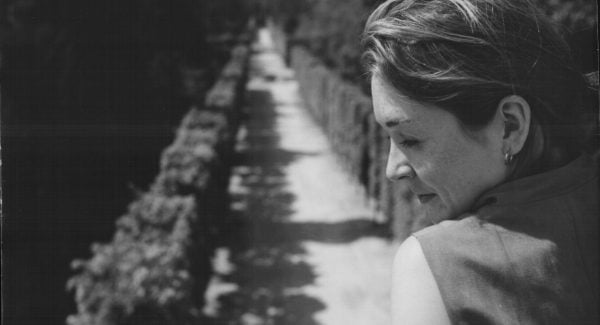Suzanne Jovin was, by all accounts, an extraordinary young woman.
The 21-year-old German-born student was in her senior year studying political science at the prestigious Yale University where her friends on campus described her as smart, beautiful and compassionate.
And compassionate she most certainly was. Alongside her studies, she made time for voluntary work as director of Best Buddies, a charity working with intellectually and developmentally disabled adults.
She was great fun too, her friends said, “sparkly”. She was not always as serious as her impressive academic credentials might suggest.
“Suzanne laughed a lot,” one friend told Vanity Fair back in 1999. “At Naples (a popular New Haven hangout) she’d go nuts when we got on the dance floor.”
Suzanne truly had the world at her feet.
But, tragically, she would never go on to fulfil her potential. On the evening of 4 December 1998, Suzanne was brutally murdered, stabbed 17 times in the back of her head and neck, left to die in the street just two miles away from the Yale campus.
Her throat had been slit and she had been stabbed so hard the tip of the knife was embedded in her skull.
There were no witnesses to the savage attack and initially the police had no suspects. They began to investigate, piecing together Suzanne’s last known movements.
On the afternoon of her death, about 4.30pm, Suzanne had handed in a draft of her senior essay to her course advisor, James Van Der Velde. The essay was written about Osama Bin Laden, three years before his name would become synonymous with the 9/11 terror attacks.
